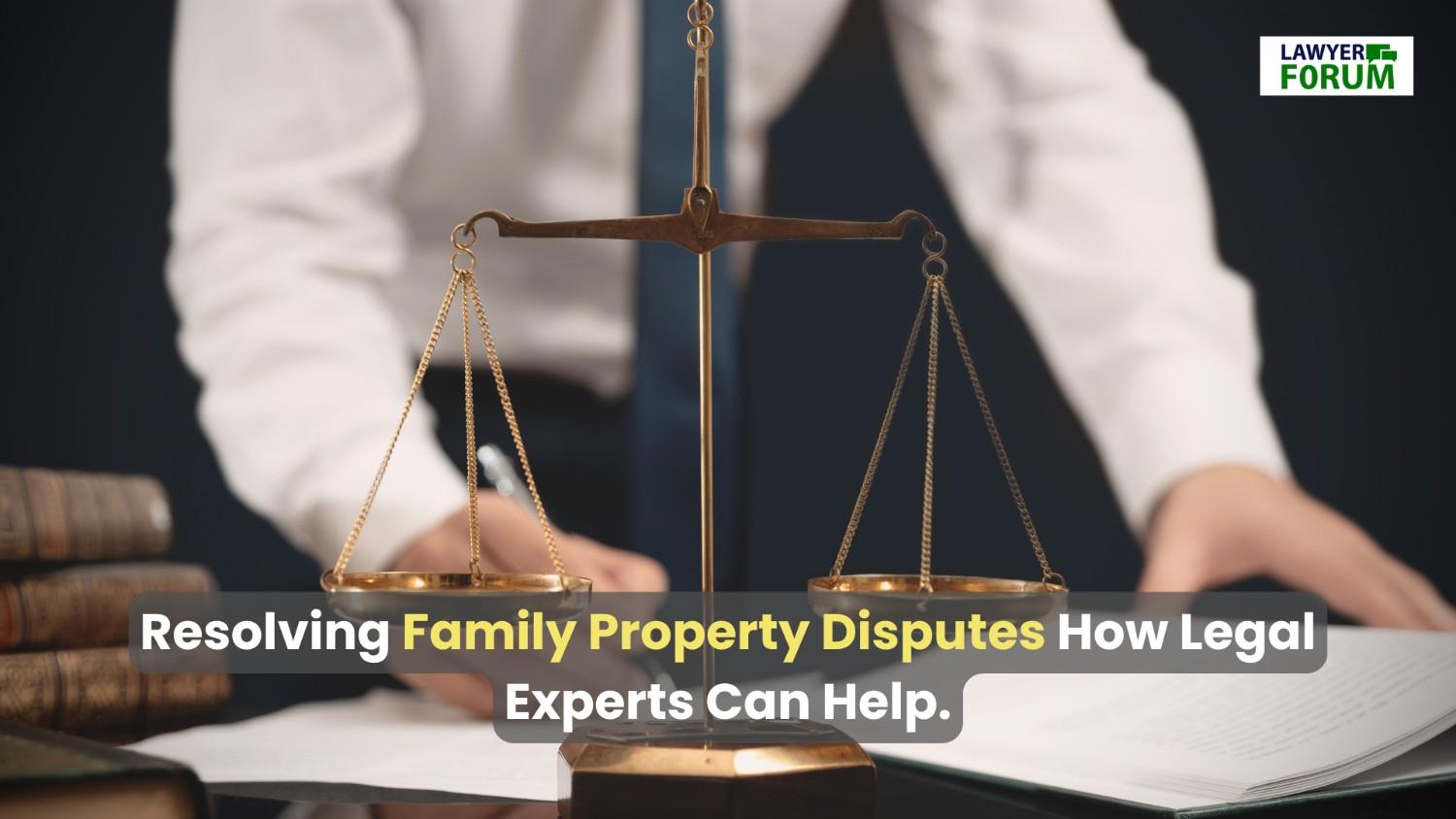· Mediation · 4 min read
The Role of Mediation in Divorce Cases: Pros and Cons
Discover how divorce mediation works as an alternative to court battles. Explore the benefits and limitations of mediated divorce settlements and determine if it's right for your situation.
.B3pekJJB.jpg)
Divorce can be a challenging and emotionally draining process for all parties involved. While litigation remains a common approach, mediation has emerged as an alternative method for resolving divorce disputes. This article explores the advantages and disadvantages of choosing mediation during divorce proceedings.
What Is Divorce Mediation?
Divorce mediation is a process where a neutral third party, known as a mediator, helps divorcing couples negotiate and reach mutually acceptable agreements on issues such as property division, child custody, spousal support, and other relevant matters. Unlike litigation, mediation emphasizes cooperation rather than confrontation.
Pros of Divorce Mediation
1. Cost-Effective Solution
Traditional divorce litigation can be extremely expensive, with legal fees often running into lakhs of rupees. Mediation typically costs significantly less, as it requires fewer court appearances and less paperwork. Couples share the cost of one mediator rather than paying for individual attorneys throughout a lengthy court battle.
2. Time-Efficient Process
The Indian judicial system faces substantial backlogs, and divorce cases can drag on for years. Mediation offers a faster alternative, with most cases reaching resolution within a few months. This expedited timeline allows parties to move forward with their lives sooner.
3. Greater Control Over Outcomes
In litigation, a judge makes final decisions based on legal standards that may not address the unique needs of your family. Mediation empowers couples to create customized agreements that better reflect their specific circumstances and priorities.
4. Reduced Emotional Stress
The collaborative nature of mediation often results in less hostility compared to adversarial court proceedings. By focusing on problem-solving rather than blame, mediation can preserve relationships, which is particularly important when children are involved.
5. Privacy and Confidentiality
Unlike court proceedings, which become part of the public record, mediation sessions remain private. This confidentiality protects sensitive personal and financial information from becoming publicly accessible.
6. Higher Compliance Rates
Research indicates that agreements reached through mediation typically have higher compliance rates than court-imposed judgments. When parties actively participate in creating the terms, they tend to feel more committed to honoring them.
Cons of Divorce Mediation
1. Power Imbalances
Mediation may not be suitable in relationships with significant power imbalances or history of domestic abuse. Without proper safeguards, the disadvantaged spouse might agree to unfair terms due to intimidation or fear.
2. Lack of Legal Safeguards
While mediators can provide information, they cannot give legal advice. Without proper legal representation during or alongside the mediation process, parties risk agreeing to terms that fail to protect their legal rights.
3. Not Always Binding Initially
Mediated agreements typically need to be submitted to court for approval before becoming legally binding. This additional step can sometimes create uncertainty about the finality of the agreement.
4. Requires Cooperation
Mediation relies on both parties’ willingness to negotiate in good faith. If one spouse is uncooperative, dishonest about assets, or unwilling to compromise, mediation may prove ineffective.
5. Complex Cases May Need Additional Expertise
In divorces involving complicated assets, businesses, or international elements, mediation alone might not provide the specialized expertise needed to resolve all issues adequately.
6. No Guaranteed Outcome
Unlike litigation, which will result in a judgment even if parties cannot agree, mediation can end without resolution if consensus cannot be reached, potentially necessitating litigation anyway.
Is Mediation Right for Your Divorce?
Determining whether mediation is suitable for your situation depends on several factors:
The level of conflict between you and your spouse
Complexity of assets and financial situations
Presence of minor children
History of power dynamics in the relationship
Willingness of both parties to negotiate fairly
Many couples benefit from consulting with a family law attorney before deciding on mediation to understand their legal rights and options fully.
Conclusion
Divorce mediation offers a promising alternative to traditional litigation, providing potential benefits in terms of cost, time, emotional wellbeing, and customized outcomes. However, it may not be appropriate for all situations, particularly those involving power imbalances or extremely complex legal issues.
Understanding both the advantages and limitations of mediation can help divorcing couples make informed decisions about the best approach for their specific circumstances. For many families in India, a combination of mediation with proper legal consultation provides an optimal balance, allowing for amicable resolution while ensuring legal rights remain protected.
If you’re considering divorce, consulting with a qualified legal professional can help you determine whether mediation might be a viable option for your situation.



